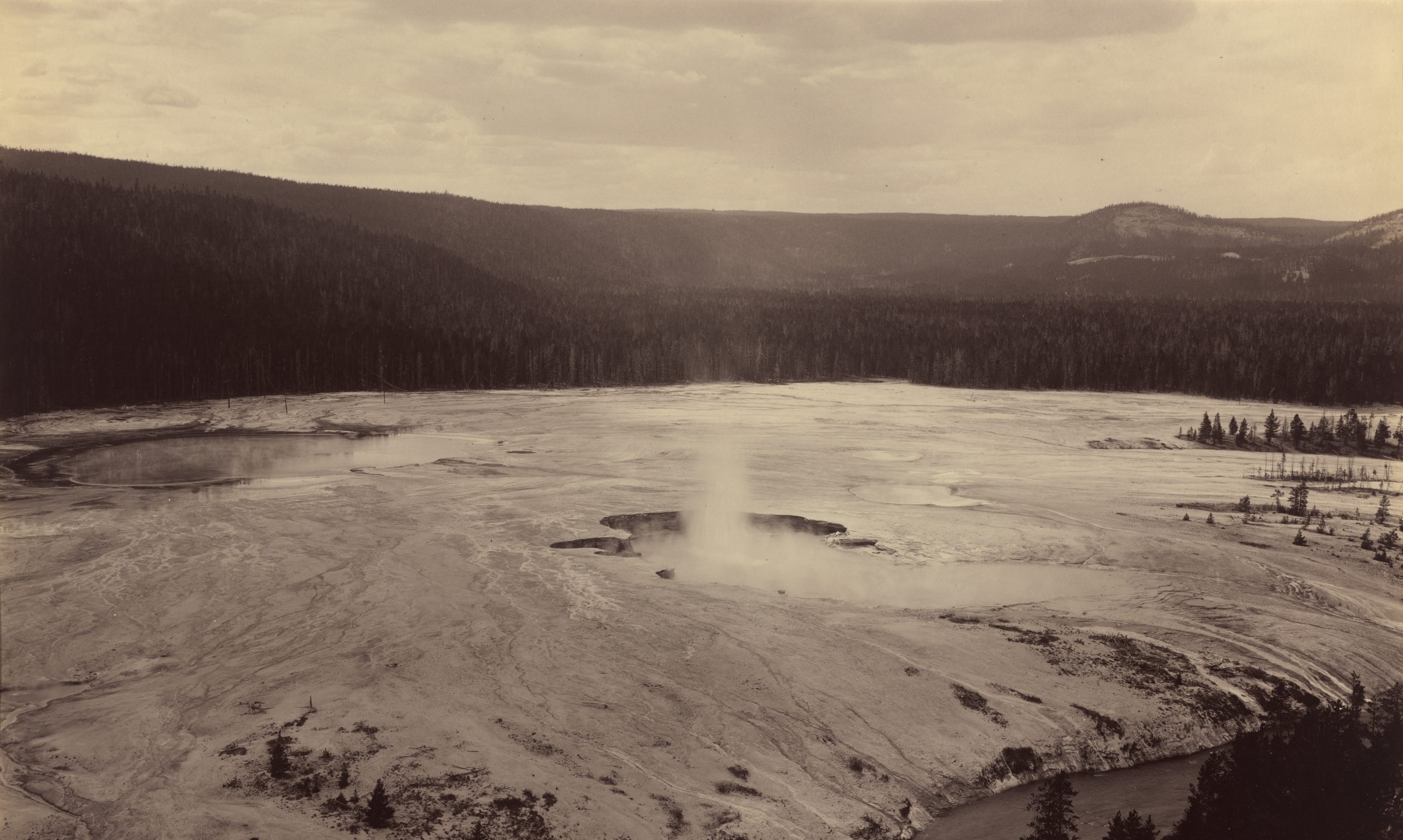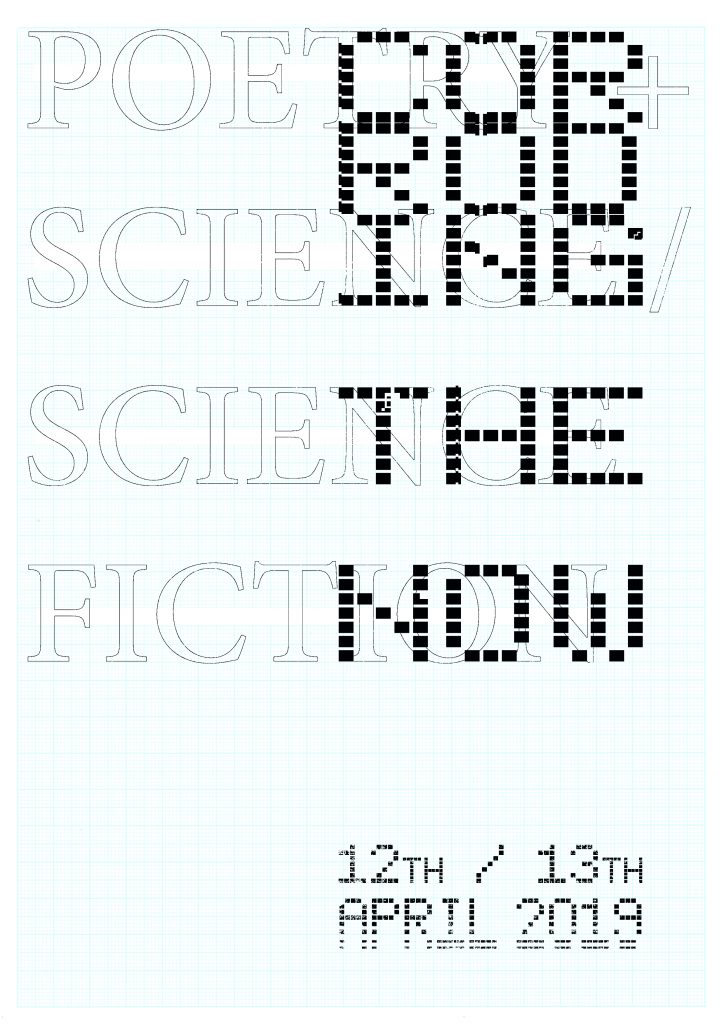Registration for “Corroding the Now” is now live. To register, send an email to us at sfpoetics@gmail.com, specifying which days you would like to attend and your delegate status (in terms of waged/unwaged, presenting/non-presenting, etc.). We will then send you a payment link. We have also created a gath.io event page for sharing over email or social media.
Registration rates are listed below. Early Bird rates will cease from Monday 8th April. The Friday evening readings are free to attend. Please note that the venue address is 43 Gordon Square, London WC1H 0PD.
One Day
technē Students: free (please still email to register)
Presenting Unwaged/Students: £10
Early Bird Unwaged/Students: £15
Unwaged/Students: £20
Presenting Waged: £20
Early Bird Waged: £25
Waged: £30
Both Days
technē Students: free (please still email to register)
Presenting Unwaged/Students: £15
Early Bird Unwaged/Students: £20
Unwaged/Students: £25
Presenting Waged: £30
Early Bird Waged: £40
Waged: £50
Provisional Conference Schedule
Both Days
Vítor C. Gama, “Braulio Tavares √1: SF Poetry and ‘Brazilianness'” (poster)
Christy Ducker & Peter Hebden, “Reactions: science at the intersections of new readings” (installation)
Friday 12th April
09.00 Registration
09.30 Opening remarks – Francis Gene-Rowe & Stephen Mooney
09.45 Session 1 a – Ecopoesis 1: Oil, Wetness and other Slicks (HARI supported)
Chair: Katie Stone
Alexandra Campbell, “Toxic Colonialism: Plastics, Poetry and the Petro-Ocean”
Josephine Taylor, “Oil and the Creaturely in Poetry and Speculative horror”
Antoine Devillet & Nelle Gevers, “Sonic Encounter With Oceanic Nows” (performance)
Session 1 b – Landscapes, Maps, Territories
Chair: Amy Butt
Paul Green, reading from The Gestaltbunker, Here Comes the Alchemical Revolution and Shadow Times.
Kate Pickering, “Weirding the Megachurch: Bodily Dis/Orientation and Belief”
Rebecca Thomas, “Landscape in Zoe Skoulding’s Remains of a Future City as epistemic modifier”
11.15 Coffee
11.30 Session 2 a – The Sun Also Ras
Chair: Paul Green
Matthew Carbery, “Quantum Blackness: Afrofuturist Poetics in the 21st Century”
Katie Stone & Sasha Myerson, “This Planet is Doomed?: The Outer Limits of Language in the Science-fictional Poetry of Sun Ra”
Session 2 b – Sidereal Horizons
Chair: Rachel Hill
Sophie Heuschling, “‘Explorational blankness’: Will Alexander’s imaginative and poetic probing of our neighbouring planet in ‘Water on New Mars’”
Pippa Goldschmidt, “We are not special: how SF poetry engages with the Cosmological Principle”
Oliver Langmead, “Developing the Epic Poetic Form for Science Fiction”
13.00 Lunch (own arrangements)
14.00 Plenary session (Professor Alex Goody) “Poetry, Science and the (modernist) Posthuman”
Chair: Peter Middleton
15.00 Coffee
15.15 Session 3 a – SF Poetry & the Contemporary
Chair: Sean O’Brien
Russell Jones, “Multiverse: a practitioner’s guide to contemporary science fiction poetry”
Liz Bahs, “Poems From a Lost Botanist”
Francis Gene-Rowe, “Titanium Characters: Capital’s Spectres in Ratzinger Solo” (substitute talk)
Session 3 b – The Poetics of Mind
Chair: Raphael Kabo
Peter Middleton, “‘Iamb / what iamb’: Poetry and Neurodiversity”
Llew Watkins, “Poetry and mind: detaching the finger from the moon”
Suzie Gray, performance of “E-Tabula Rasa” and “Poetal Lite”
16.45 Coffee
17.00 Discussion
Chair: Francis Gene-Rowe
Provocations by: Jo L. Walton, Alexandra Campbell, Naomi Foyle
18.00 Dinner (own arrangements)
19.00 Evening Readings
Chair: Stephen Mooney
Jonathan Catherall & Iris Colomb
Robert Kiely
Sarah Kelly
Verity Spott (recording)
Russell Jones
Suzie Gray
Naomi Foyle
Jo L. Walton
Richard Parker (recording)
Stephen Mooney
Saturday 13th April
9.30 Registration open for Saturday-only delegates
10.00 Session 4 a – Roundtable: [x-]topian Digital Dreams: Politics and Poetics of SciFi Videogaming (HARI supported)
Chair: Tripp Yeoman
Alfie Bown
Marijam Didzgalvyte
Simon Saunders
Session 4 b – Corrosions in Popular Culture
Chair: Astra Papachristodoulou
nicky melville, reading from ABBODIES
Jeff Hilson, “In Space Nobody Can Hear You Laugh: A Poetry Reading”
11.00 Coffee
11.15 Session 5 a – Heresies, Incursions/Excursions
Chair: Jon K Shaw
Dan Byrne-Smith, “X…The Unexplained” (performance)
Sophie Sleigh-Johnson, “DOWN CURSE (2018 AD—2018 BC)” (performance)
Luke Jordan, Untitled (performance)
Session 5 b – Ecopoesis 2: Ways of Knowing, Anthropocene
Chair: Paul March-Russell
Sarah Daw, “Quantum Physics, Speculative Philosophy and Ecological Thought in the Experimental (Eco)poetics of Muriel Rukeyser and Charles Olson”
Fred Carter, “‘Slow time shall tap’: derangements of scale in the nuclear and geologic ‘now’ of Wendy Mulford’s innovative lyric”
Helen List, “Plant life: the acceptance of photosynthesis at the table”
12.45 Lunch (own arrangements)
13.45 Plenary Session (Professor Allen Fisher): “Formerly Now”
Chair: Jo L. Walton
14.45 Coffee
15.00 Session 6 a – Making Kin
Chair: Glyn Morgan
Charlotte Geater, “Generating Recovery: Bot Poetry, Ecopoetry, and Reading for Nonhuman Agencies”
Jenny Swingler, Gills
Molina Klingler, “Life in Science Fact and Science Fiction: Octavia Butler’s Xenogenesis Trilogy and the Ecopoetry of Stephen Collis”
Session 6 b – Crumbling Centres: Utopia, History, Ecocide
Chair: Sasha Myerson
Naomi Foyle, “Burying the Wet Computer: Toward a Utopian SF Eco-Poetics”
Philip Jones, “Already passing: the anthropocene, futurity and pessimism in Jorie Graham’s Fast”
Paul March-Russell, “Helen and the Futurity of Ruins: Sandeep Parmar’s Eidolon”
16.30 Coffee
16.45 Plenary Session (Iain Sinclair, Melinda Gebbie, Allen Fisher)
Chair: Stephen Mooney
18.00 Pub Drinks
19.30 Post-Conference Dinner



